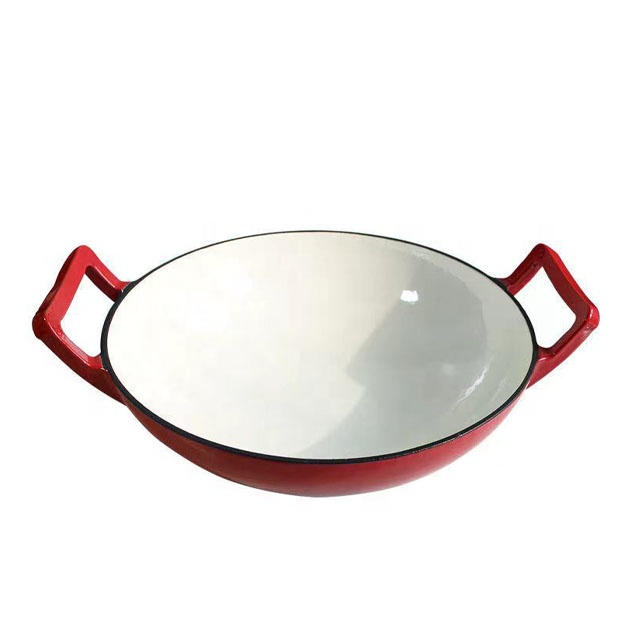
do i need to season my cast iron skillet
Do I Need to Season My Cast Iron Skillet?
When it comes to cookware, few options are as versatile and enduring as a cast iron skillet. Renowned for their ability to retain heat and provide even cooking, cast iron skillets are beloved by home cooks and professional chefs alike. However, one crucial aspect of maintaining a cast iron skillet is seasoning. But do you really need to season your cast iron skillet? The answer is a resounding yes.
What Is Seasoning?
Seasoning is the process of applying a layer of oil to the surface of a cast iron skillet and then heating it, creating a non-stick coating through a process called polymerization. This layer not only helps prevent food from sticking but also protects the skillet from rust and enhances its ability to retain heat. Proper seasoning ensures that your skillet can serve you for generations, making it a worthwhile investment.
Why Seasoning Is Important
1. Prevention of Rust Cast iron is susceptible to moisture, which can lead to rust. When you season your skillet, the oil creates a protective barrier that helps keep moisture away from the iron, thwarting rust development.
2. Non-Stick Properties A well-seasoned cast iron skillet develops a natural non-stick surface over time. This makes cooking and cleaning much easier, allowing you to cook everything from eggs to stir-fries without food sticking to the surface.
3. Enhanced Flavor As your skillet builds layers of seasoning over time, it can impart rich flavors to your food. Many chefs appreciate that the seasoning can improve with every use, creating a depth of flavor that's hard to replicate with other cookware.
do i need to season my cast iron skillet

4. Durability A well-seasoned skillet can last a lifetime, and in some cases, even longer. Many families pass down their cast iron skillets from generation to generation, a testament to their durability and the effectiveness of a good seasoning.
How to Season Your Cast Iron Skillet
1. Clean the Skillet If your skillet is brand new or has rust spots, clean it thoroughly. Use warm, soapy water and a scrub brush to remove any factory coatings or rust. Rinse well and dry completely.
2. Apply Oil Choose an oil with a high smoke point, such as flaxseed, canola, or vegetable oil. Apply a thin layer of oil to the entire surface of the skillet, inside and out.
3. Heat the Skillet Place the skillet upside down in an oven preheated to about 450°F (232°C). This will prevent oil from pooling inside the skillet. Bake it for one hour, allowing the oil to bond with the iron.
4. Cool Down After one hour, turn off the oven and let the skillet cool inside. This slow cooling helps further enhance the seasoning.
In conclusion, seasoning your cast iron skillet is essential for maintaining its performance, preventing rust, and prolonging its lifespan. Regular seasoning will ensure that your skillet continues to be a reliable kitchen companion for years to come, making your cooking experiences more enjoyable and flavorful. So, if you own a cast iron skillet and haven’t seasoned it yet, now is the perfect time to start!
-
Season Cast Iron Perfectly with GPT-4 Turbo TipsNewsAug.01,2025
-
High Quality Cast Iron Cookware - Baixiang County Zhongda MachineryNewsAug.01,2025
-
Premium Cast Iron Pan: Durable & Perfect HeatNewsAug.01,2025
-
High Quality Kitchen Durable Black Round Cast Iron Cookware Pancake Crepe Pan-Baixiang County Zhongda Machinery Manufacturing Co., Ltd.NewsAug.01,2025
-
Cast Iron Cookware - Baixiang County Zhongda Machinery | Nonstick, Heat ResistanceNewsAug.01,2025
-
High Quality Kitchen Durable Black Round Cast Iron Cookware - Baixiang County Zhongda Machinery | Non-Stick, Heat Retention, DurableNewsJul.31,2025


